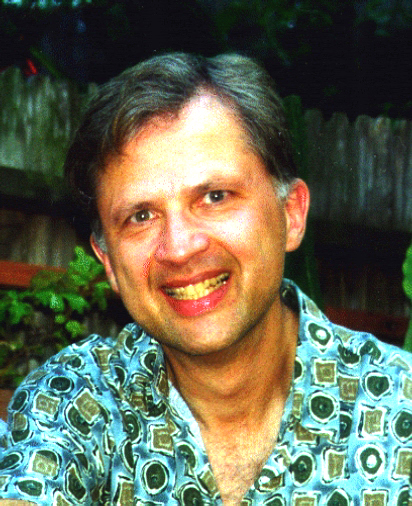
Our esteemed friend and colleague Gerald
(Jerry) Popek passed away at age 61 on July 20th 2008. Not only
will we greatly miss Jerry’s dedication to education and research, we
will miss his warm, engaging, and supportive presence.
Jerry founded the Laboratory for
Advanced Systems Research (LASR) (originally called Ficus, and later, File Mobility Group), and served as
the principal investigator on many important research projects funded
by DARPA, NSF, and technology leaders such as Intel.
Jerry spent his undergraduate years studying
nuclear engineering at New York University and graduate years at
Harvard University, earning a Ph.D. in applied mathematics. During his
35 years as a faculty member in the Computer
Science Department at UCLA,
Jerry was known as an Internet pioneer and a leader in computer
security, distributed Unix systems, file replication and mobile
computing. He was responsible for directing the Center for
Experimental Research at UCLA and creating the first secure operating
system kernel and one of the first distributed operating systems,
Locus. Additionally, while serving on the National Defense
Science Board, he helped redirect the government’s networking efforts,
moving the military toward Internet technology. Jerry was also an
excellent and inspirational teacher, pioneering the teaching of courses
in distributed systems and computer security. He excelled at
preparing his graduate students for productive careers in both industry
and academia.
Jerry’s accomplishments in industry were equally
distinguished. As founder and chairman of the Locus Computing
Corporation, Jerry directed the company’s growth as a significant
supplier of technology and services to the Unix systems
community. In subsequent years, Jerry served as chief technology
officer for Platinum Technology, CarsDirect.com, and most recently,
United Online, where he developed and managed the company’s technology
infrastructure, including oversight of an ISP service with millions of
users.
Jerry leaves a rich legacy of graduates and undergraduates whom he
taught, doctoral and masters students he advised, and seminal research
he performed. He will be remembered fondly by all who worked with
him and knew him.
|

